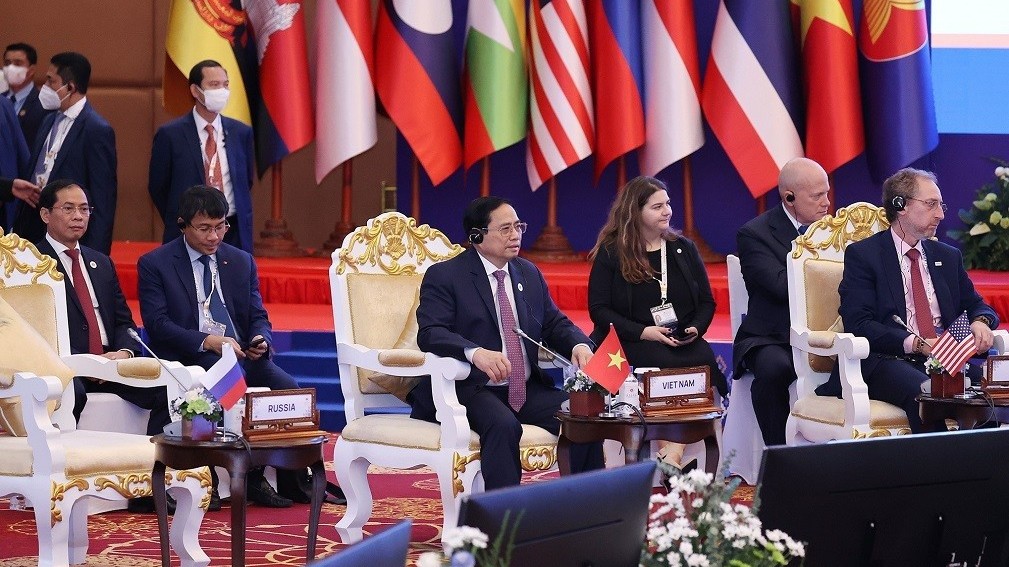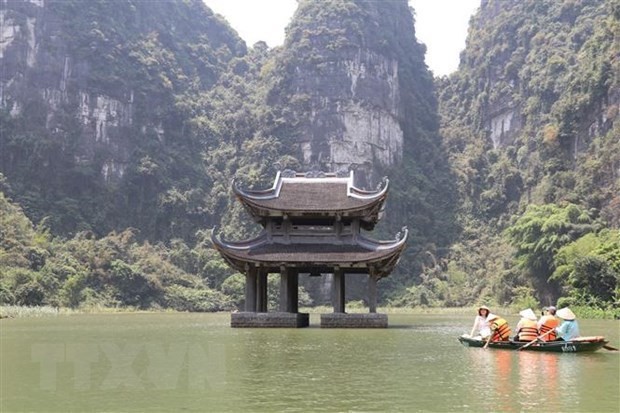
Vietnam - active member of UNESCO convention on cultural, natural heritage protection
Latest
 |
| At the Trang An Landscape Complex. (Source: VNA) |
The Convention, adopted by the organisation at its 17th session in Paris on November 16, 1972, is the only combining cultural and natural heritage protection. As many as 194 states have become members of this convention.
Since Vietnam ratified the deal, it has had eight cultural, natural, and mixed heritages inscribed in the world heritage list. In addition, according to UNESCO's Memory of the World programme, Vietnam has seven documentary heritages at the Asia-Pacific and world level. The nation also houses nine biosphere reserves of the world.
The protection and promotion of the sites have greatly contributed to Vietnam’s local socio-economic development, particularly in tourism, serving the people’s practical and sustainable benefits.
According to UNESCO's assessment, Vietnam is an active member of the pact, which has cooperated with UNESCO to implement many projects to support localities in protecting and promoting diverse and rich cultural practices.
For the 2013-2017 period, Vietnam was elected as a member of the World Heritage Committee, which consists of representatives from 21 of the States Parties to the 1972 Convention.
Vietnam also joined UNESCO’s 2003 Convention for the Safeguarding of the Intangible Cultural Heritage. In July, the country was elected to the UNESCO Inter-governmental Committee for the Safeguarding of Intangible Cultural Heritage for 2022-2026 with the highest number of votes.
Vietnam will mark the 50th anniversary of the 1972 Convention this year with a September 6 ceremony in the northern province of Ninh Binh, home to the Trang An Landscape Complex – a mixed cultural and natural heritage site of the world that earned the recognition in 2014.
UNESCO has chosen the theme “World Heritage for Resilience and Sustainable Development” for the anniversary amid countries’ efforts to achieve the Sustainable Development Goals and enhancement of their responsiveness to global challenges, especially climate change and epidemics.














